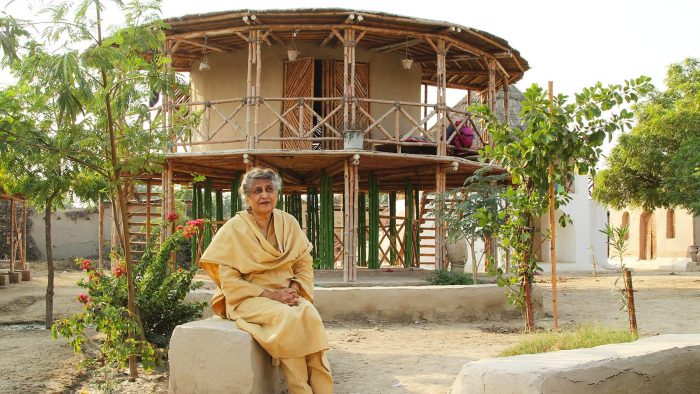
- Permbajtja
- prev
- next
- prev
- next
HIGHLIGHT: YASMEEN LARI
Yasmeen Lari is Pakistan's first female architect. She is best known for her involvement in the intersection of architecture and social justice. Since her official retirement from architectural practice in 2000, her UN-recognized NGO Heritage Foundation Pakistan has been taking on humanitarian relief work and historical conservation projects in rural villages all around Pakistan. She was awarded with the prestigious Fukuoka Prize in 2016.
Early life
Yasmeen Lari was born in 1941 in the town of Dera Ghazi Khan and spent her early years in and around Lahore in a renowned clan of Iraqi Biradari. Her father Zafarul Ahsan, an ICS officer, was working on major development projects in Lahore and other cities, through which Lari was exposed to architecture. Her sister is Pakistani politician Nasreen Jalil. When she was 15 years old, she first left Pakistan to go to London with her family.
Initially there for a vacation, she and her siblings ended up enrolling in school in London. Upon her rejection from architecture school, Yasmeen Lari studied two years of arts in London before being accepted into the School of Architecture, Oxford Brookes University (previously named Oxford Polytechnic).
Career
After graduating from the Oxford School of Architecture in 1964, Lari returned to Pakistan at age 23 with her husband, Suhail Zaheer Lari, and opened her architecture firm Lari Associates in Karachi, Sindh, Pakistan. She became the first female architect in Pakistan. Initially, she faced difficulties when workers at construction sites challenged her authority or knowledge because of her gender.
In 1969, Lari became an elected Member of the Royal Institute of British Architects (RIBA).
Her later projects included housing, such as the Angoori Bagh Housing (ABH) (1978), and commercial buildings, such as the Taj Mahal Hotel, Karachi in 1981, the Finance and Trade Center in 1989, and the Pakistan State Oil House (PSO Company headquarters) in Karachi in 1991.
Lari retired in 2000 from architectural practice. However, she remains active with her historical preservation by serving as the advisor of the UNESCO project, as the executive director of Heritage Foundation Pakistan, and as the chairperson of the Karavan Initiatives.
Humanitarian efforts
Lari and her husband founded the Heritage Foundation of Pakistan, a humanitarian group in 1980. Since 2010, she has built some 50,000 Pakistani homes for humanitarian causes, such as earthquakes and flooding. Lari implements traditional building techniques and local materials, such as in the 2013 rebuilding after floods in the Sindh Valley region of Pakistan. In 2013, she helped villagers in Awaran District who were hit by the 2013 Balochistan earthquake.
In 2018, Lari designed a fuel-efficient and affordable chulah (stove) that improved on traditional stoves and did not emit toxic smoke into Pakistani homes. Her stove design won her a World Habitat award that same year.
Yasmeen Lari is one of the founders and current chairwoman of the Pakistani Chapter of the International Network for Traditional Building, Architecture & Urbanism (INTBAU), created in 2018.
Design philosophy
On architectural practice in Southeast Asia, Lari has said, "The two ends of the spectrum of the two worlds we live and work in are best captured in the words of two famous architects, Mies van der Rohe and Hassan Fathy. Mies van der Rohe, a master of putting the elements of a building together and the grand master of detail, has said: "I am first interested in a good building. Then I place it in the best possible spot.' In contrast Hassan Fathy, who has spoken more forcefully than any other on the beatify of the vernacular and the importance of tradition, states: 'You must start from the beginning, letting your new buildings grow from the daily lives of the people who will live in them, shaping the houses to the measure of people's songs, weaving the pattern of a village as if on the village looms, mindful of the trees and the crafts that grow there, respectful of the skylines and humble before the seasons.'
Awards
In 2002, the Heritage Foundation received the U.N. Recognition Award from the United Nations for its efforts and results to promote cultural and historical conservation.
In 2006, Lari was awarded the Sitara-e-Imtiaz, one of the highest civil awards by the Government of Pakistan, in recognition of her services to the architectural profession and to heritage conservation of historical sites in the country.
In 2011, she received the Pakistani "1st Wonder Women of the Year Award".
In 2016, she received the Fukuoka Prize for Arts & Culture.
She has been awarded Jane Drew Prize 2020, raising the profile of women in architecture and design.
Most iconic projects
-Angoori Bagh Housing
The project comprises 787 low-cost dwelling units arranged in 14 clusters of single, two-storey, and three-storey blocks. The projects attempts to provide a large number of low-cost, one- and two-room housing units based on the living pattern of the urban poor of Lahore.
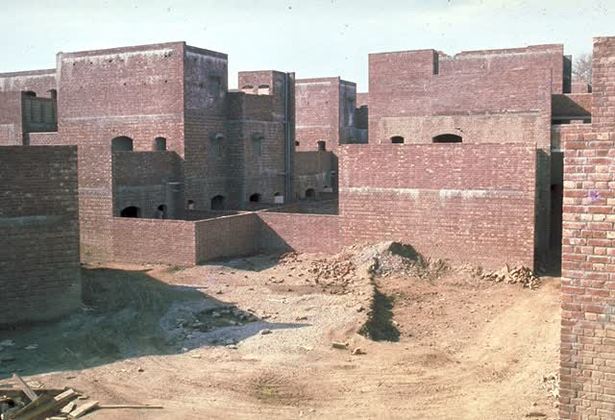
-Taj Mahal Hotel
This hotel is located in the center of Karachi. This building still use the low- rise blocks, that is feature of her design. This hotel blends in the culture of Pakistan.
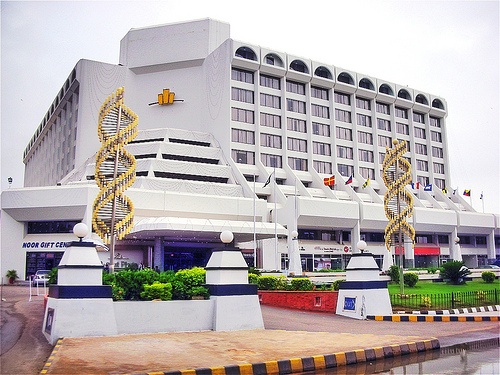
-Finance and Trade Center
The Finance and Trade Center also know as FTC building. This building was designed in 1989 and located in Karachi. FTC building is not only beautiful, but also a most important business center. It is an elegant addition to the cityscape of Karachi.
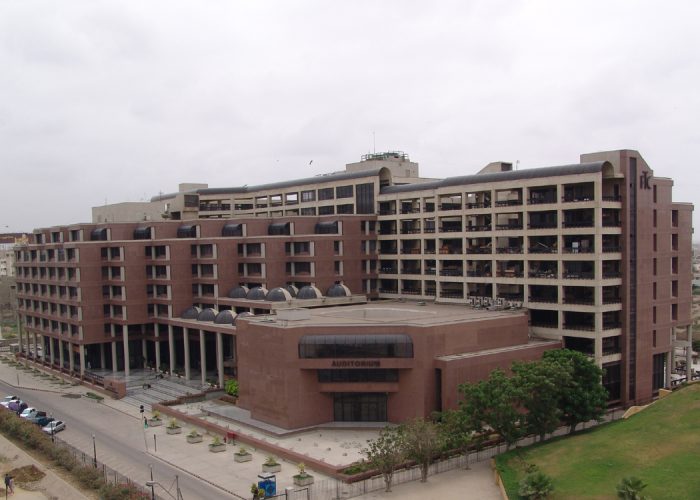
-PakistaniState Oil House
This high-rise building was constructed in the year 1989, has 13 floors and is located in Karachi.
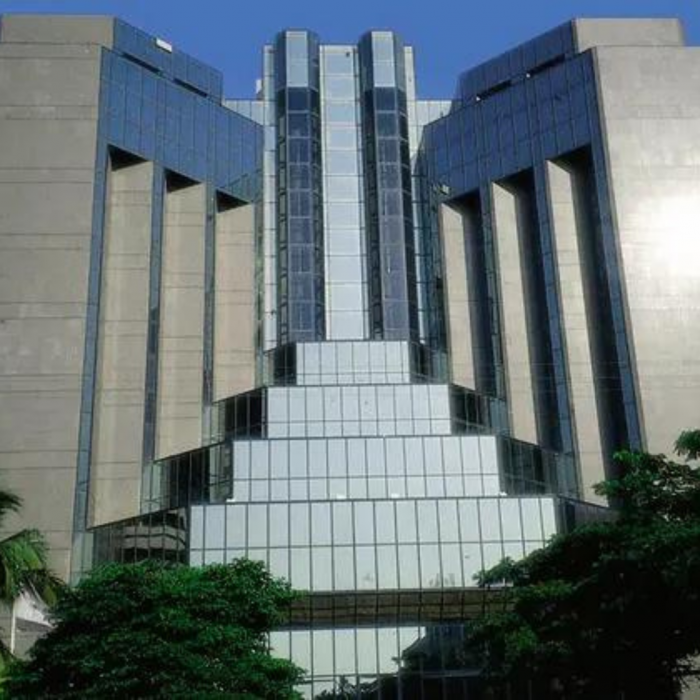
-Women's Centre
The Women’s Centre, Darya Khan, designed by Pakistan's first female architect Yasmeen Lari. Lari's structures of earth, lime and bamboo are much better suited to surviving natural disasters than modern concrete.
